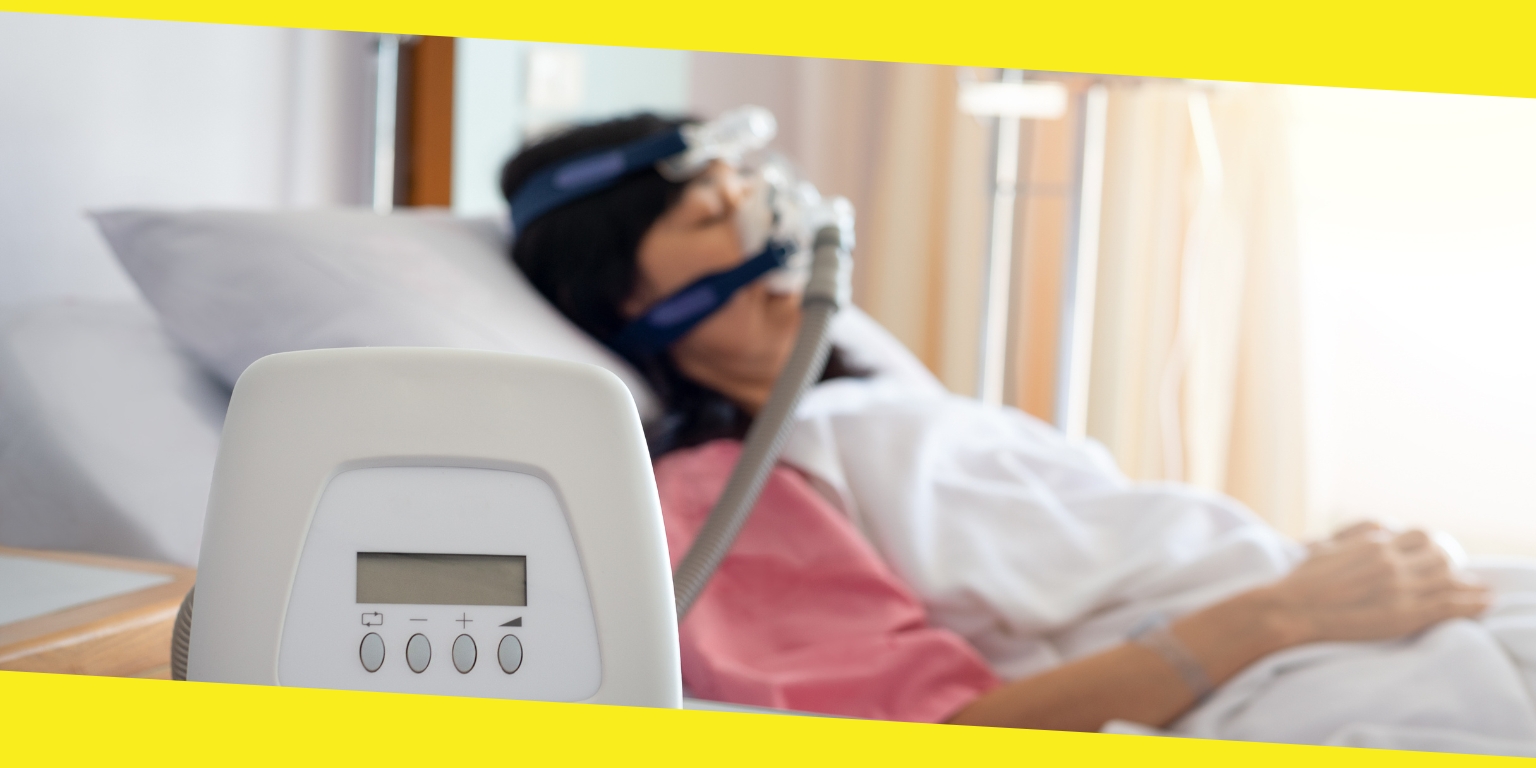
A person sleeping for not less than 7 hours and persistently struggling with tiredness and drowsiness should see a doctor for a sleep apnea evaluation. Sleep apnea is a severe sleep disorder that interferes with your breathing while you sleep. Although it is common, it usually goes undiagnosed and untreated because the patients are unaware of the symptoms which occur during their sleep. If you have any unusual symptoms that point to sleep apnea, contact Richard L. Nass, M.D., F.A.C.S. The sleep apnea East Hampton specialists will cure your illness before it breeds more severe problems. Below you will find some of the treatment options your physician may recommend.
1) Continuous positive airway pressure (CPAP)
Continuous positive airway pressure (CPAP) is a therapy your physician conducts using a machine that supplies air pressure via a mask during sleep. Your physician conducts this treatment mostly for moderate or severe sleep apnea. The air pressure in CPAP exceeds that of the surrounding air, thus stopping snoring and apnea from occurring.
CPAP is an everyday reliable procedure for sleep apnea treatment. However, some patients think it is tiring and uncomfortable. Some even go to the extent of dropping the CPAP machine. Nonetheless, with more time utilizing the CPAP machine, you learn to modify the strap’s tension to suit your comfortability.
Regardless, you still must try out different types of masks until you find one that makes you comfortable. You can also talk to your doctor to improve the comfortability of your mask. Most importantly, do not stop using the CPAP machine if the problems persist.
2) Oral Appliances
An oral appliance is a type of treatment that ensures your throat is open. Although CPAP is more dependable than oral appliances, these devices are simple to use. Some devices open your throat by adjusting your jaw, hence relieving mild obstructive sleep apnea and snoring.
Your physician has several devices available for you. You should try out various devices till you get one that suits you. A regular check-up with your physician is crucial to not only ensure the fit is good until now but also to reevaluate your symptoms.
3) Surgery
Surgical operations may aid patients with obstructive sleep apnea and those who snore but are sleep apnea free. Surgery is appropriate for patients with an enormous or abnormal impeding airflow via the throat or nose. Common reasons for this issue are strikingly enlarged tonsils, a veered nasal septum, or a tiny jawbone with a protrusion that makes the throat become unusually narrow.
Your specific surgical procedure is tailored to address the underlying reason for your condition. Often, these procedures are the last resort when other treatments like CPAP fail.
It is highly unlikely to detect the symptoms of sleep apnea. However, once you notice warning signs, such as your partner complaining of loud snoring, you should contact a sleep apnea specialist as soon as possible. Otherwise, you risk more significant complications, such as stroke, diabetes, heart attack, hypertension, and more. During your initial consultation, Dr. Richard L. Nass will assess your unique concerns and suggest the most appropriate treatment. Schedule a consultation today through mobile or book online.